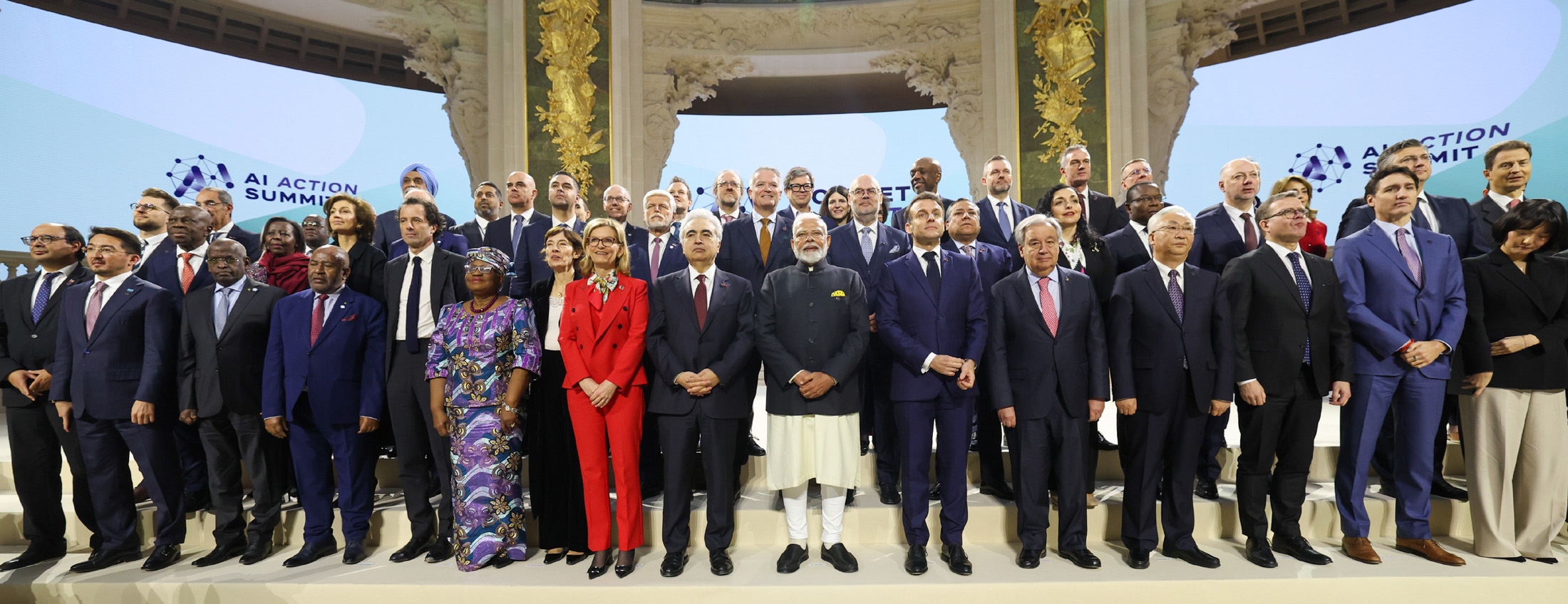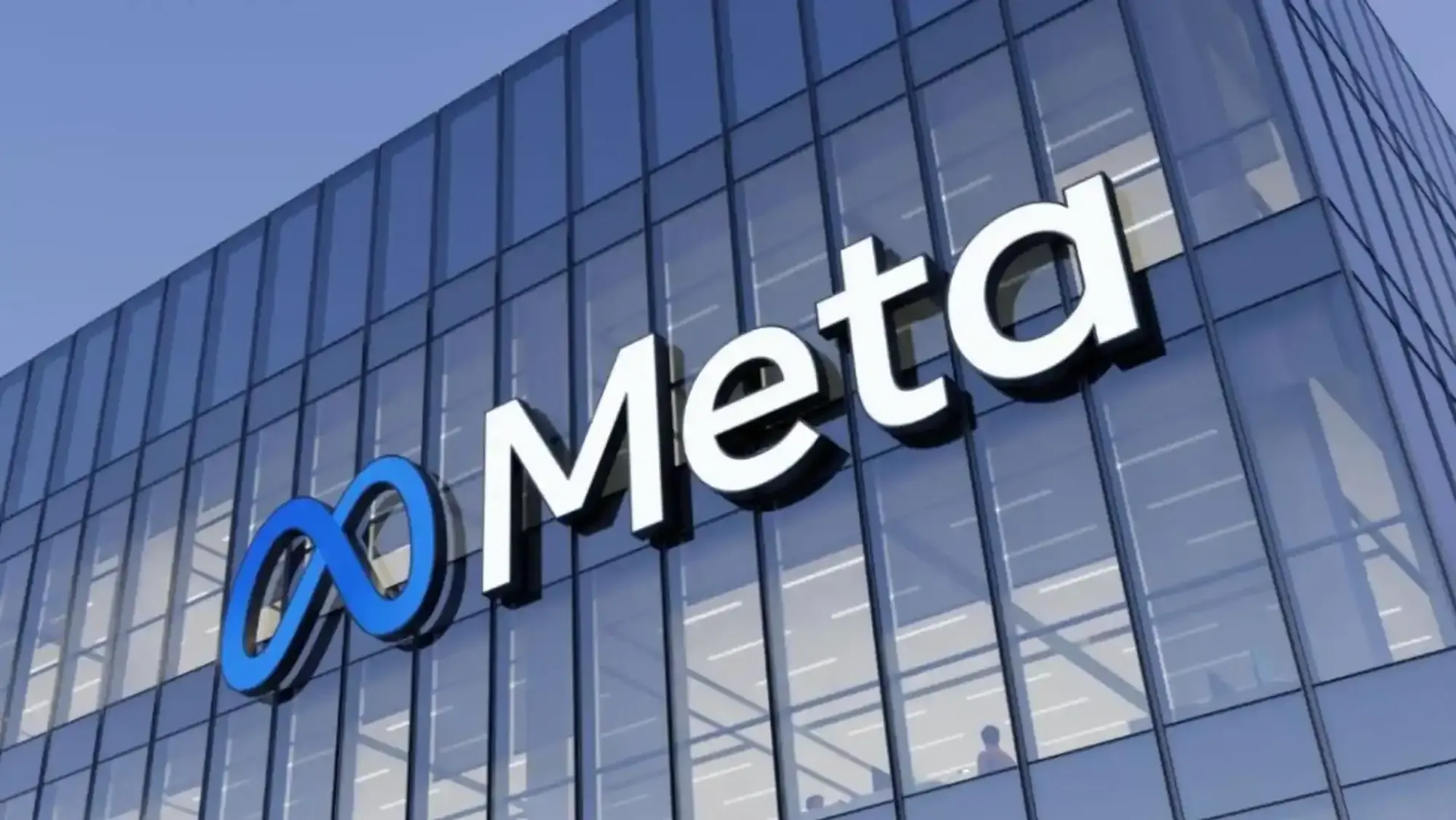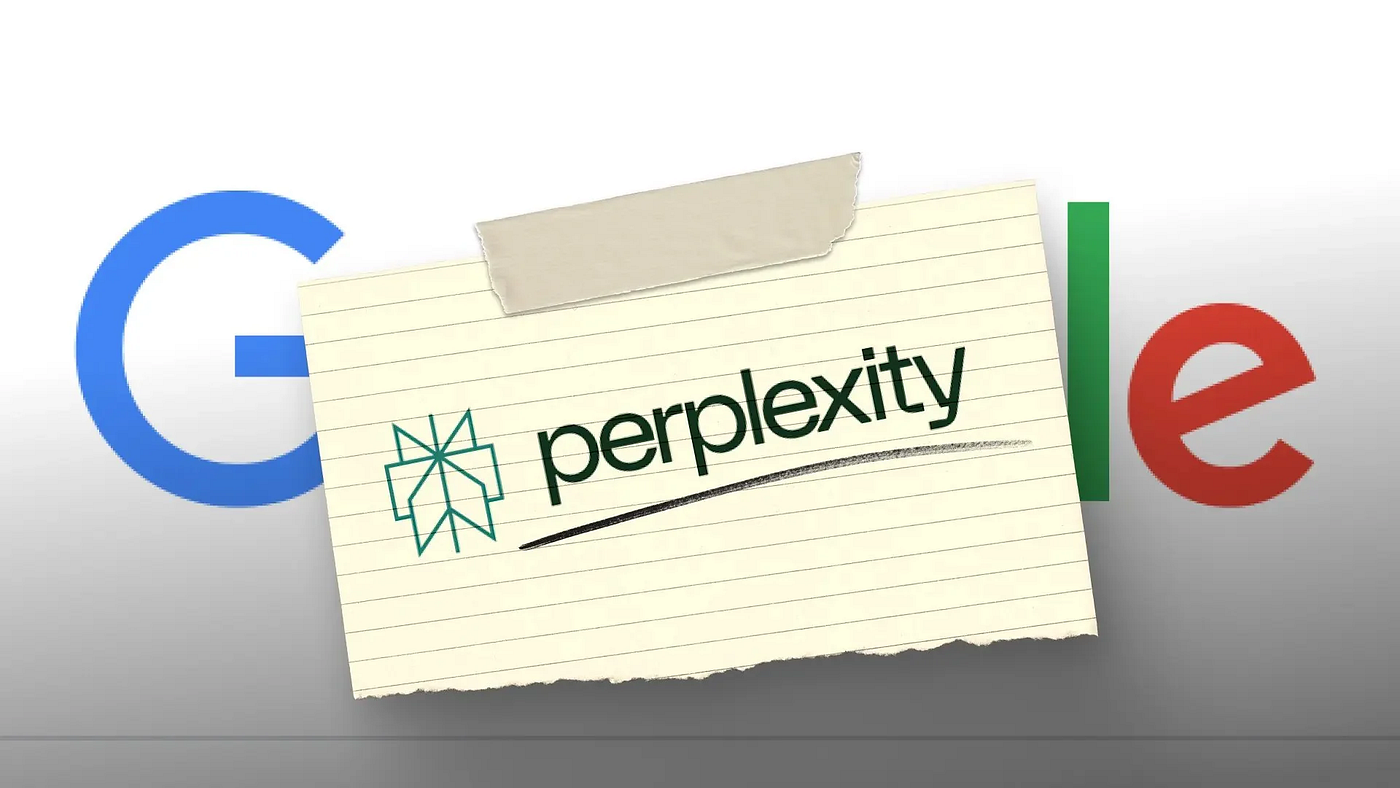Key Points
- Research suggests the AI Action Summit 2025 was held in Paris from February 10-11, focusing on AI governance and innovation.
- It seems likely African countries like Kenya, Morocco, and Nigeria participated, with the African Union signing key commitments.
- The evidence leans toward the summit offering opportunities for African developers, but challenges like infrastructure gaps remain.
Event Overview
The AI Action Summit 2025 took place in Paris from February 10 to 11, co-chaired by French President Emmanuel Macron and Indian Prime Minister Narendra Modi. It aimed to advance global AI governance, focusing on trust, safety, and inclusive innovation, with over 1,000 participants from more than 100 countries.
African Participation
African nations, including Kenya, Morocco, Nigeria, Rwanda, Senegal, South Africa, and Djibouti, were actively involved. The African Union (AU) signed the Statement on Inclusive and Sustainable AI, and countries like Kenya, Morocco, and Nigeria backed the Current AI foundation, a $400 million initiative for public-interest AI.
Implications for Developers
For African developers, the summit highlighted opportunities like access to global AI frameworks and innovative projects, with 10 African projects selected by the Paris Peace Forum. However, challenges like limited computing power and high costs may hinder adoption, requiring local policy support.
Detailed Analysis of the AI Action Summit 2025 (Paris) and Its Implications for African Developers
Introduction
This report provides a comprehensive overview of the AI Action Summit 2025, held in Paris from February 10 to 11, 2025, focusing on its objectives, outcomes, and implications for African developers. Co-chaired by French President Emmanuel Macron and Indian Prime Minister Narendra Modi, the summit aimed to advance global AI governance, emphasizing trust, safety, and inclusive innovation. Given the user’s interest, likely tied to the X handle “aireportsafrica,” the analysis explores African participation and the potential impact on the continent’s AI ecosystem as of June 15, 2025, at 12:49 AM WAT.
Methodology
The information was gathered from web sources, including Wikipedia, official French government pages, the Paris Peace Forum, and the Atlantic Council, with a focus on updates from February 2025. The analysis covers the summit’s key details, African participation, innovative projects, and implications for developers, ensuring a holistic view tailored to Africa’s context.
Key Findings
Summit Overview
The AI Action Summit 2025 was a follow-up to the 2023 AI Safety Summit in Bletchley Park, UK, and the 2024 AI Seoul Summit in South Korea, shifting focus from catastrophic risks to actionable steps for AI innovation and economic opportunities. Held at the Grand Palais in Paris, it brought together over 1,000 participants from more than 100 countries, including government leaders, international organizations, academia, the private sector, and civil society .
Key objectives included:
- Addressing AI’s transformative potential in sectors like health, education, and labor.
- Ensuring AI respects universal values, with a focus on trust, safety, and sustainability.
- Discussing the First International AI Safety Report, published on January 29, 2025, which focused on risks and threats posed by general-purpose AI .
The summit featured scientific days (February 6-7, hosted by Institut Polytechnique de Paris), a cultural weekend, and parallel events, culminating in a day for businesses, reflecting a multi-stakeholder approach .
African Participation
Research suggests African countries played a significant role, with specific mentions including:
- Country Representation: Kenya, Morocco, Nigeria, Rwanda, Senegal, South Africa, and Djibouti were noted as participants, engaging in discussions and signing key documents .
- African Union (AU) Involvement: The AU Commission signed the Statement on Inclusive and Sustainable Artificial Intelligence for People and the Planet, which had 60 signatories, underscoring Africa’s commitment to inclusive AI development .
- Initiatives Involving Africa:
- The Current AI foundation, a $400 million public-interest AI platform and incubator, was backed by nine governments, including Kenya, Morocco, and Nigeria, highlighting Africa’s leadership in ethical AI .
- The Coalition for Sustainable AI, supported by 11 countries (led by France, UNEP, and ITU), likely includes African participation, though specific countries were not detailed.
The summit’s inclusive approach was evident, with the Paris Peace Forum contributing as a multi-stakeholder coordinator, focusing on civil society and the global South. Of the 50 innovative AI projects selected from 770 submissions across 111 countries, 10 were from Africa, covering topics like combating digital violence and cervical cancer screening (Projects – AI Action Summit – Paris Peace Forum, AI Action Summit: 50 innovative projects selected by the Paris Peace Forum following its Call for AI Projects – Paris Peace Forum).
Geographical Distribution of Projects
The following table summarizes the geographical distribution of the 50 selected projects, highlighting Africa’s contribution:
| Region | Number of Projects |
|---|---|
| Europe | 13 |
| North America | 13 |
| Africa | 10 |
| Central & Latin America | 6 |
| Middle East & North Africa | 4 |
| Asia | 4 |
This table shows Africa’s significant representation, with 10 projects, reflecting active engagement in global AI innovation.
Implications for African Developers
For African developers, the summit offers both opportunities and challenges:
- Opportunities:
- Access to Global Frameworks: The Current AI foundation and Coalition for Sustainable AI provide platforms for collaboration, potentially offering funding and resources for African startups.
- Innovative Projects: The 10 selected African projects, showcased at the summit, provide visibility and networking opportunities, fostering partnerships with global actors.
- Policy Alignment: The summit’s focus on inclusive and sustainable AI aligns with Africa’s needs, potentially influencing national AI strategies like Kenya’s fintech sandbox and Nigeria’s 3MTT program.
- Sector-Specific Applications: Developers can leverage AI for fintech (e.g., Nigeria), agriculture (e.g., Kenya), and healthcare (e.g., South Africa), addressing local challenges with global standards.
- Challenges:
- Infrastructure Gaps: A 2025 McKinsey report notes only 5% of African AI developers have adequate computing power, limiting the adoption of advanced AI tools ([McKinsey Report on Africa Gen AI Opportunity]([invalid url, do not cite])).
- High Costs: Access to cutting-edge AI models, like OpenAI’s expected GPT-5 (late 2025 or early 2026), may be cost-prohibitive, with API costs potentially $75-$150 per million tokens ([Everything you should know about GPT-5]([invalid url, do not cite])).
- Skills Gap: The shortage of AI-trained professionals, exacerbated by brain drain, hinders adoption, though initiatives like the AU’s Continental AI Strategy aim to address this.
- Ethical Concerns: Risks like bias, data privacy, and misinformation require robust local governance, especially given Africa’s diverse cultural contexts.
Broader Context and Additional Insights
The summit’s outcomes align with global AI policy developments, such as the EU AI Act (March 2024) and the AU’s draft Continental AI Strategy (February 29, 2025), emphasizing regulatory sandboxes and ethical guidelines ([Africa’s push to regulate AI starts now]([invalid url, do not cite])). For African developers, these frameworks could ease compliance but also add complexity, given regulatory fragmentation across the continent.
Expert opinions, like Melody Musoni’s call for Africa to be “standard makers, not standard takers,” suggest a desire to adapt global norms to local needs, potentially shaping how developers leverage summit outcomes ([MIT Technology Review]([invalid url, do not cite])). The future outlook suggests that with continued investment and collaboration, African developers could lead in inclusive AI, though infrastructure and skills gaps need addressing.
Expert Opinions and Quotes
- French President Emmanuel Macron emphasized, “We can do some very big things with AI: change healthcare, energy, life in our society,” highlighting the summit’s focus on practical applications .
- The Atlantic Council noted, “The Paris Summit did attempt to address one key criticism of the 2023 Bletchley Park Summit—that Global South representation was symbolic at best,” with Africa’s involvement, like the AU’s signature, being a step forward .
Conclusion
The AI Action Summit 2025 in Paris was a pivotal event for global AI governance, with significant African participation. Countries like Kenya, Morocco, Nigeria, and others, along with the AU, engaged actively, signing key commitments and backing initiatives like the Current AI foundation. For African developers, the summit offers opportunities to leverage global AI frameworks and showcase innovation, with 10 projects selected by the Paris Peace Forum. However, challenges like infrastructure gaps, high costs, and skills shortages must be addressed to fully capitalize on these opportunities, aligning with Africa’s growing role in shaping the global AI agenda.
Key Citations
- AI Action Summit – Wikipedia
- AI Action Summit (10 and 11 February 2025) – France ONU
- Projects – AI Action Summit – Paris Peace Forum
- AI Action Summit: 50 innovative projects selected by the Paris Peace Forum following its Call for AI Projects – Paris Peace Forum
- Statement on Inclusive and Sustainable Artificial Intelligence for People (…) – France ONU
- At the Paris AI Action Summit, the Global South rises – Atlantic Council
- Artificial Intelligence Action Summit




